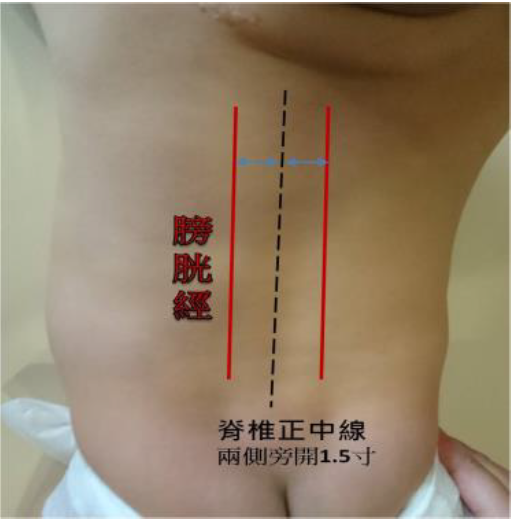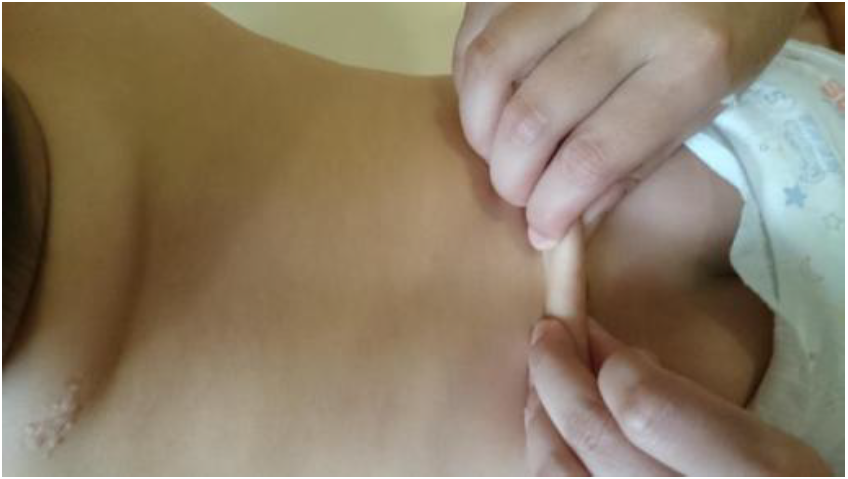Definition
Cerebral palsy is a non-progressive, central motor developmental disorder caused by various reasons during fetal or infant stages. Clinically, in addition to motor function impairments, abnormalities in sensation, cognition, communication, visual perception, behavior, and epilepsy are often found. There are over 17 million patients with cerebral palsy globally, with more than 80,000 in Taiwan with a prevalence rate of about 3.4 per thousand, meaning there are approximately 1 out of every 300 individuals that is affected by cerebral palsy.
Causes
There are many reasons that can lead to cerebral palsy and can be divided into three major factors: prenatal, perinatal, and postnatal, with prenatal factors accounting for over 80% of cases.
- Prenatal factors: Including infections (such as intrauterine infections, urinary tract infections, chorioamnionitis, etc.), maternal diseases (such as gestational hypertension, gestational diabetes, hyperthyroidism), and multiple births (such as twins, triplets)…etc.
- Perinatal factors: Including birth asphyxia, and prematurity…etc.
- Postnatal factors: Including encephalitis/meningitis, head trauma…etc.
Treating cerebral palsy with TCM
In clinical practice, treatment is based on every child’s individual condition, usually, a combination of following treatment methods, including acupuncture, Chinese Herbal medicine, pediatric tuina (massage), acupressure, herbal bathing, with acupuncture therapy being the most commonly used treatment. Evidence-based researches have shown that Traditional Chinese medicine (TCM) therapy can improve cognitive function, motor function, language function, and muscle tone in cerebral palsy children. It can also treat constipation, gastrointestinal disorders, sleep disorders and other comorbidities at the same time. Additionally, TCM can also reduce the dosage and side effects of western medicines, as well as decrease the frequency of hospitalizations and medical expenses, thereby providing patients with better medical care quality.
Daily pediatric tuina (massage) method
|
Massaging along Bladder meridian: Put both palms of your hand on both sides of the spine along Bladder meridian. Rubbing from top to bottom repeatedly for 20 times. |
|
|
Pinching along the spine: Use your thumbs, index fingers, and middle fingers of both hands, gently pinch the skin and, following the Governing Vessel meridian along the spine from bottom to top, pull the skin backward with the thumbs while pushing forward with the index and middle fingers. Alternate between pinching and pushing, moving upward until reaching GV14 acupoint (located in the middle between the shoulders at the base of the neck, below the spinous process of the seventh cervical vertebra), repeat this motion 5 to 10 times. |
|
|
Pressing on Zusanli acupoint: The Zusanli acupoint(ST36) is located about four finger widths below the outer knee crease. You can use the tip of your thumb or index finger to press on this acupoint 50 to 100 times daily (or for 3 to 5 minutes). |
|




.png)